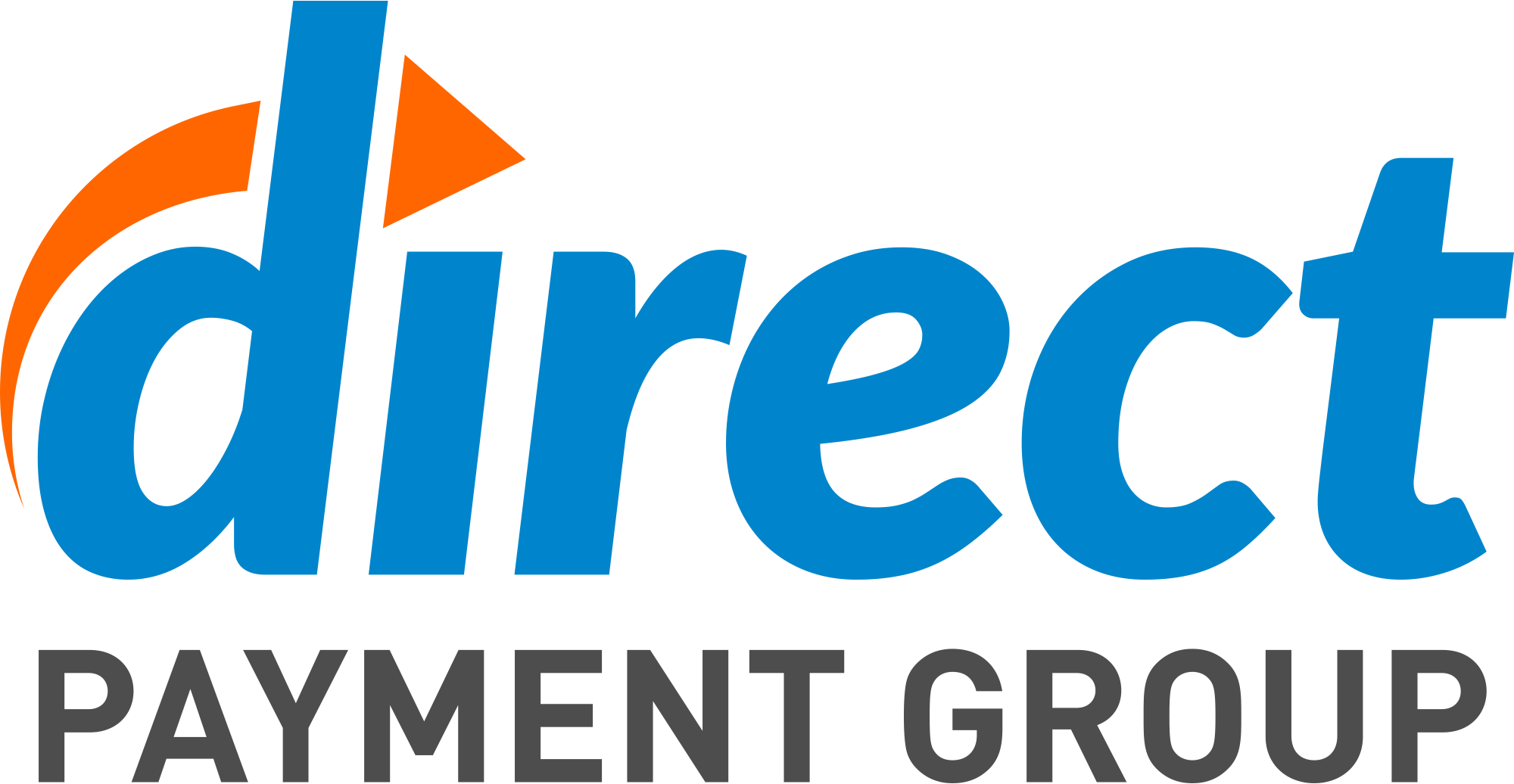Is Your Payment Processor Holding Your Funds?
With COVID having changed a lot of how business works, merchant service providers are not unaffected. For various reasons payment providers and aggregators like PayPal, Square, Stripe, and Worldplay have begun holding funds from certain businesses. Their blanket approach is counterintuitive for many businesses, having a huge impact on their cashflow. Payment aggregators are also limiting processing volume.

As of right now, it seems that most businesses will not be affected by these changes. However, these are concerning for everyone. These decisions should be yours to make, and work for your needs. If you have been affected by your payment processor holding funds, please reach out. We can direct you to a service provider that better understands you needs.
Merchant Service Provider Changes
CNN recently published an article which gives a breakdown of what’s going on with an express focus on Square. In the Wall Street Journal, Pete Rudegair wrote the following on the topic, “Payment processors tell customers they will take care of the nagging details. But lately, they are emerging as yet another headache for businesses hit hard by the new coronavirus.” Indeed, MSPs (merchant service providers) are creating a minor but snowballing issue.
So far, PayPal, Square, Stripe, and WorldPlay have all begun issuing a policy of holding money. They have applied this policy in varying numbers, with Square reportedly holding as much as 30% of sales. Timelines were unclear, leading to confusion from many users of these payment processors, but seems to be as long as a 120-day rolling reserve. These funds are being held in a reserve account, which was a previously rare practice for low risk businesses that these aggregators are best for.
However, MSPs are using this ability with increasing frequency since the beginning of the coronavirus pandemic. Square has been the most vocal about the practice, explaining that the decision is based on many factors. These include their perceived proneness to chargeback risk and the length of time that a company has been using their service. Square says that the businesses most likely to be affected are those that ask for payment prior to delivery of a service or good. This is a method of protection for the merchant service provider, which should theoretically extend to the user. Square estimates that only 1% of their customers will be affected, but the policy does not seem in line with that information.

Why Merchant Service Provider Changes Should Concern You
With such a small percentage of businesses being affected by these changes, it’s easy to pass them off. However, the potential impact of them is very concerning. Consider you’re a business that sells high ticket items. Maybe a jewelry business. 30% withholdings on even a single charge would be a very significant amount of money. That could be a bigger threat to some e-commerce businesses than coronavirus had been previously.
Similarly, it appears that prior standing with the MSP doesn’t have much of an effect on qualifying for withholding. The woman interviewed in the aforementioned Wall Street Journal article claims to have never had a chargeback during her 3 years with Square. This is symptomatic of a much larger problem with MSPs and payment aggregators that affects every business, every day. If your payment processor doesn’t know you, if you’re just data in a spreadsheet, then you are putting yourself at risk and paying unnecessary fees.
You see, this is a great example of that larger problem. While chargebacks are on the rise – especially in the travel industry – that might not be the same for every business. If chargebacks haven’t been a problem the chargeback withholding will be – and just as much of a surprise. MSPs are doing what makes sense for themselves and most of their customers, but it’s easy to get lost in the fray. We spoke with Kirstyn from The Very Best Cookie In The Whole Wide World, a direct to consumber cookie company who had been considering leaving PayPal after they surprised her by holding funds.
She had this to say after the new changes:
“Luckily right now most of my business expenses are going on my credit card, which I’m waiting to pay off until the PayPal money can be transferred to my bank. If this continues to be an issue though I would have to remove PayPal as an option from my site, it’s not worth the hours of hassle I’ve spent trying to get someone to help with this issue.
Is Your MSP Holding Funds from Your Sales?
If you are affected by or even just concerned by the recent MSP changes, please reach out to us at Direct Payment Group. We help businesses apply for properly underwritten merchant accounts that cater to their industry and risk profile.
Staying up to date on changes like this can save you from the headaches they cause, too. If you want to stay in touch with what’s going on with your payment processor and major payment aggregators, follow us on Facebook or LinkedIn. We post informative and helpful content to keep you in the loop.






